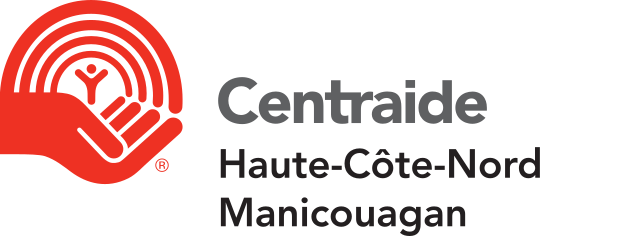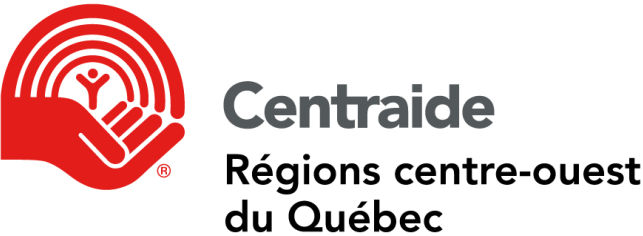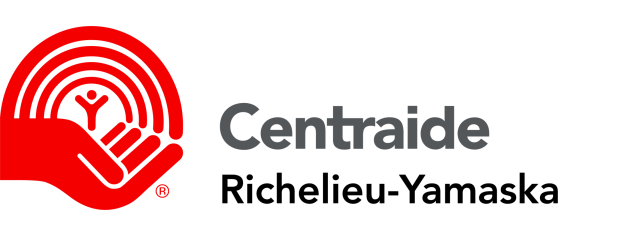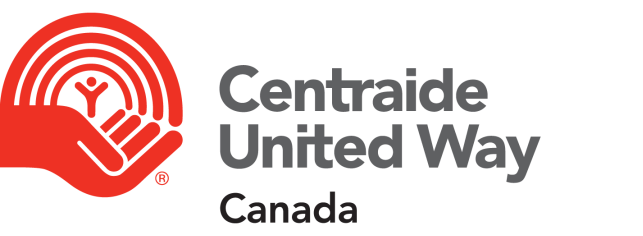[ Browse by Service Category : Law Enforcement Services : Sub-Topics of Crime Victim Support (31) ]
Crime Victim Accompaniment Services
Programs that provide support for battered women, sexual assault survivors and other victims of crimes by having a staff member go with them when they require a medical examination to gather evidence or need to visit a police station to file a complaint or appear in court to give evidence.
Crime Victim Compensation
Programs that provide financial compensation for people who have suffered monetary losses as a direct result of some form of violent crime. Compensation is generally available to meet unreimbursed medical and hospital expenses, loss of wages or support, expenses encumbered by participation in job-related rehabilitation or retraining programs, and legal fees; or may be unrestricted in terms of purpose. Also included are programs that help people apply for these services.
General Crime Victim Assistance
Programs that provide a variety of supportive services for victims of crimes and their families which may include general emotional support, crisis counselling, information about police investigative procedures, liaison to police personnel, assistance in completing and filing applications for reimbursement of crime-related expenses or losses, information about the mechanics of court proceedings, advice concerning court appearances, court accompaniment services, assistance in preparing victim impact statements and referrals for other needed services such as medical treatment, shelter away from home, transportation, child care, financial assistance and protective services.
Victim/Offender Mediation Programs
Restorative justice programs that provide opportunities for crime victims to meet with offenders in a safe, structured setting, discuss the circumstances and impact of the crime and participate in the formulation of a restitution plan which may be monetary, consist of work for the victim, entail community service, or involve other forms of compensation for harm that was caused. With the assistance of a facilitator, victims have an opportunity to ask questions and describe how the crime has affected them and/or their families. The focus of victim/offender conferencing is on victim healing, offender accountability and restoration of losses.
The above terms and definitions are part of the Taxonomy of Human Services, used here by permission of INFO LINE of Los Angeles.















